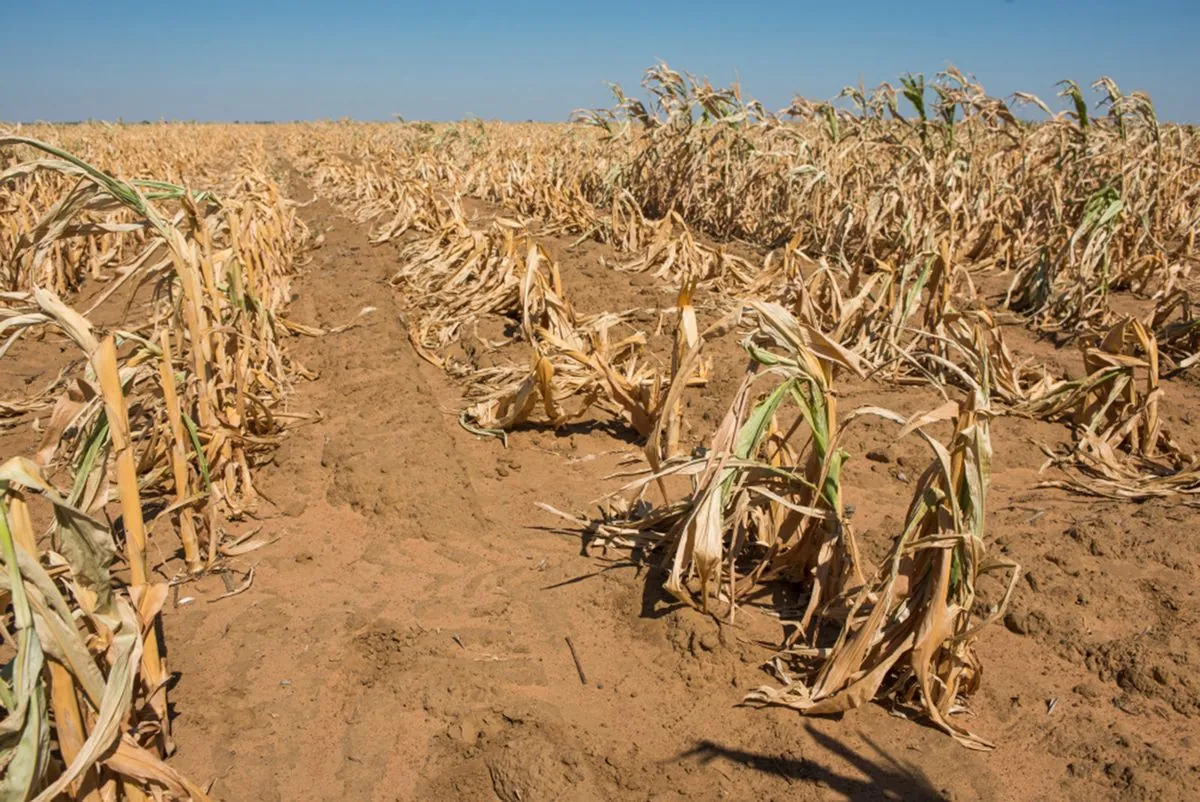In a devastating turn of events, Southern Africa is grappling with a severe drought that has left 68 million people in dire need of assistance. The Southern African Development Community (SADC) convened in Harare, Zimbabwe, on August 17, 2024, to address this pressing issue and other regional concerns.
Elias Magosi, SADC executive secretary, reported that the drought, which began in early 2024, has significantly impacted crop and livestock production. This has resulted in widespread food shortages and economic disruption across the region. The crisis affects approximately 17% of the SADC region's population, which is estimated to be around 360 million.
The drought's severity is attributed to the El Nino phenomenon, characterized by unusually warm ocean temperatures in the equatorial Pacific. This climate pattern, combined with rising global temperatures due to greenhouse gas emissions, has created the worst drought the region has experienced in years.
Several SADC member states, including Zimbabwe, Zambia, and Malawi, have declared the hunger crisis a state of disaster. Lesotho and Namibia have also called for humanitarian support. These countries, heavily reliant on agriculture, are facing significant challenges. For instance, Malawi's economy, with agriculture accounting for about 30% of its GDP, is particularly vulnerable to such climate shocks.
In response to the crisis, SADC launched an appeal in May 2024 for $5.5 billion in humanitarian assistance. However, Joao Lourenco, President of Angola and outgoing SADC chair, expressed concern over the insufficient donations received thus far. He urged regional and international partners to intensify their efforts to support the affected populations.
"The amount mobilised so far is unfortunately below the estimated amounts and I would like to reiterate this appeal to regional and international partners to redouble their efforts... to help our people who have been affected by El Nino."
The SADC, established in 1992, has been working on various initiatives to promote regional integration and development. These include the Regional Indicative Strategic Development Plan (RISDP) and the establishment of a Free Trade Area in 2008. However, the current drought crisis poses a significant challenge to these efforts.
While the drought dominates discussions, the SADC summit also addressed other regional issues, including the ongoing conflict in the eastern Democratic Republic of Congo. This persistent unrest, which has plagued the country since the 1990s, remains a source of great concern for the regional bloc.
As Southern Africa faces this unprecedented crisis, the need for immediate and substantial international support has never been more critical. The region's future hangs in the balance as it confronts the harsh realities of climate change and its devastating impact on food security and economic stability.
